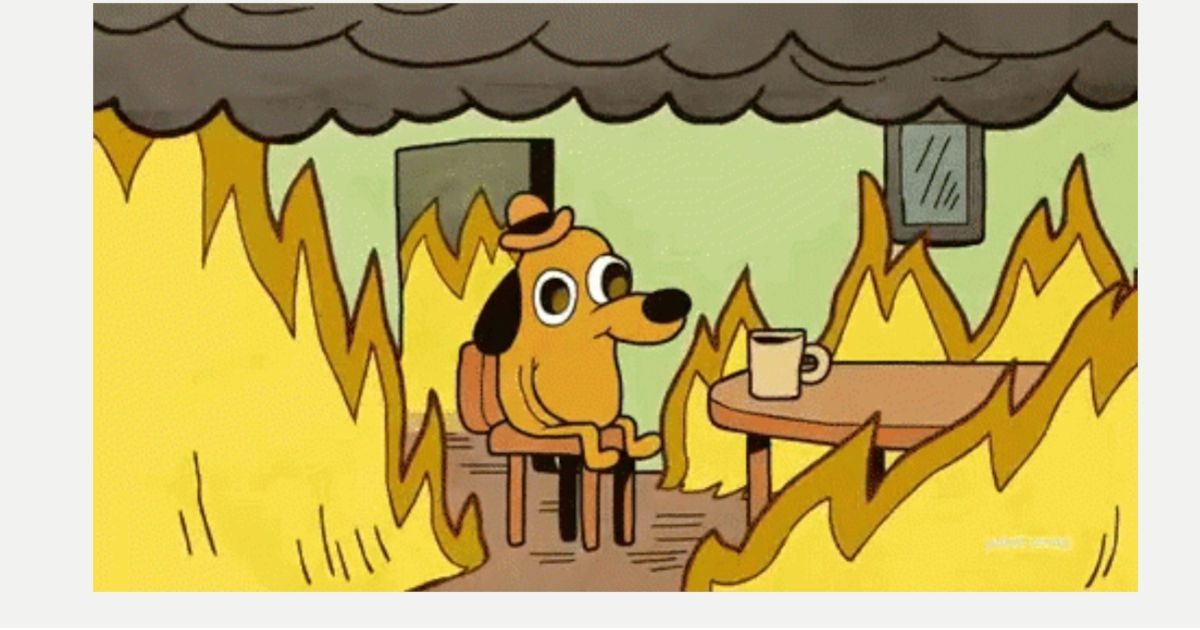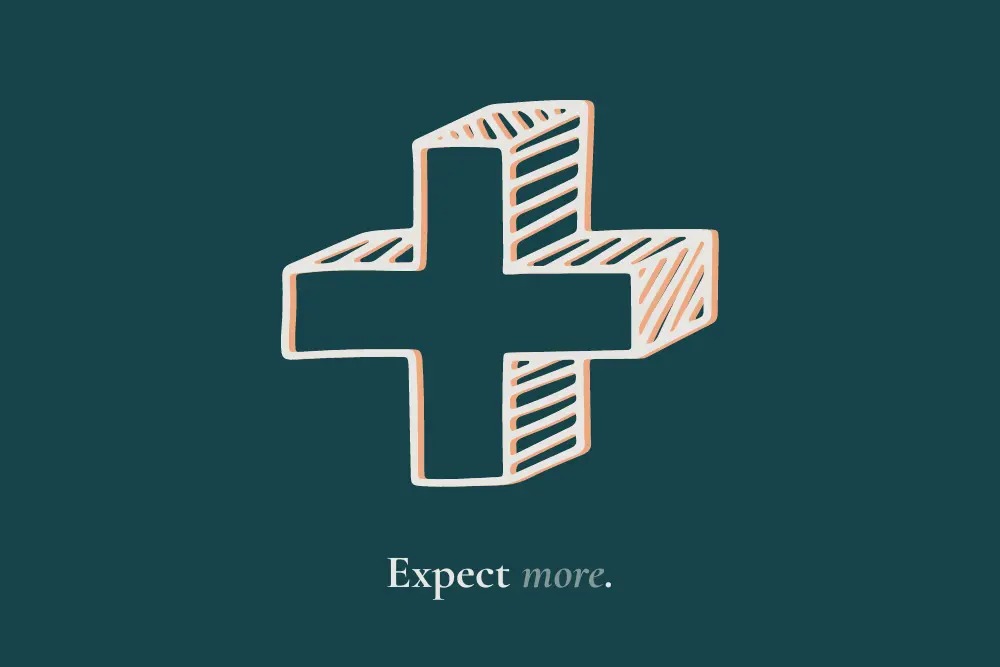Harm Minimization
Harm reduction is a focus on reducing harms associated with substance use.
It is a targeted approach that uses practical, client-centred and non-judgmental approaches to reduce risks and harms when someone is using psychoactive drugs.
Here are the core ethics around harm reduction:
1. Compassion and non-judgement
Harm reduction practitioners will meet clients “where they’re at.” Old, simplistic views marginalized and stereotyped folks who use psychoactive drugs. A harm reduction approach does not attempt to change and judge behaviour. Instead practitioners will focus on the client not as a “user” or “addict,” but as a whole person worthy of being heard.
2. Transparency and accountability
Conversations are focused on open dialogue that is continually shifting. This means that clients should hold practitioners responsible and accountable for their behaviours rooted in problematic ideologies that reinforce the marginalization of folks who use psychoactive drugs. Practitioners should continue to reflect and acknowledge how their actions can reinforce systems of oppression and actively work to dismantle these behaviours.
3. Client-centered
This places the client as the driver and decision-maker in their life. This means that the practitioners involved in a client’s care should promote the client’s capacity to make decisions in their own best interest and this should be the active focus of the care.
4. Incremental
Practitioners should highlight and note the incremental change in client’s lives. By acknowledging that folks are much more likely to make a series of small changes over time rather than big changes all at once. These small changes should be respected as integral moments to a successful and meaningful life.
Harm reduction calls practitioners to look at themselves and the institutions they’re a part of and to work to dismantle any behaviours, policies, and language that reinforces systems of oppression. It refocuses conversation to embrace the client and engage in relationship building and client agency.
This article was written by Sean Ferkul during their time at Shift Collab.














.gif)







![Why You Need to Unfollow [@YourEx]](https://cdn.prod.website-files.com/625ec823c07cd8de32e1bae2/684af2346eb36cf47933e7ab_20240206T0910-707e5b7e-9802-42a3-8070-ba67b8dc33fd.webp)






![Summer Lovin' [not] Havin' a Blast](https://cdn.prod.website-files.com/625ec823c07cd8de32e1bae2/684af26ed2b68f821b628848_20240206T0910-fd1563e4-34d1-49e6-af59-9b95c717196a.webp)













































































